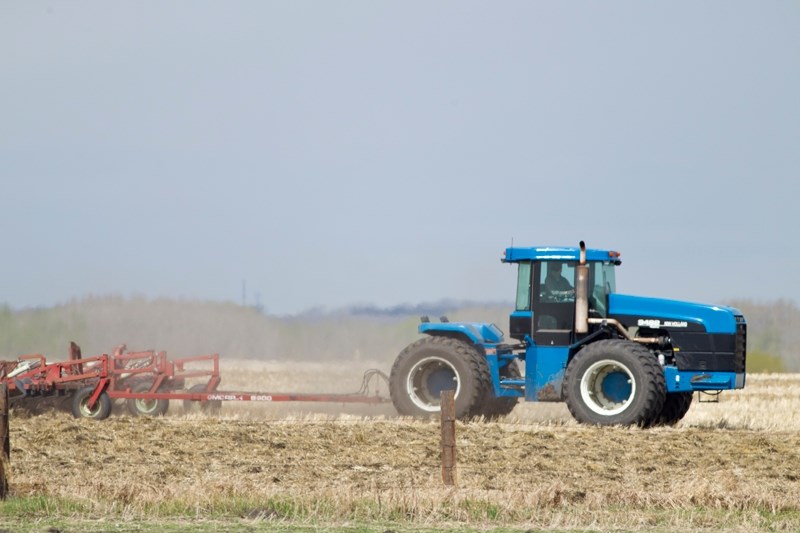Two different weather services are calling for a warmer than usual summer for Alberta, while soil moisture has improved in recent weeks.AccuWeather, a U.S.-based weather service, released its summer forecast for Canada on May 16.“It will be hot for Calgary and Edmonton with below-normal rainfall,” said a release from Brett Anderson, a senior meteorologist for AccuWeather. The prediction called for extended spells of heat across the southern Prairie provinces.Though Environment Canada won't release its formal summer forecast until June, David Phillips, a senior climatologist, gave a preliminary forecast for June and an outlook for July and August.“June is an interesting month on the Prairies,” Phillips said. He said it's typically the wettest month. This year's models are showing June being warmer than normal for the area and for precipitation in central and southern Alberta to be just a bit below normal.Phillips said predicting precipitation is tough and those forecasts are only issued “because people want it.”“We're saying warmer and drier than normal,” he said of the potential totals for the summer, but cautioned about counting on that prediction for planning outdoor events.“I wouldn't bet the family farm on it,” Phillips said.He said it could be below normal rain in June but closer to normal levels in July and August.“You need the rain,” he said.Thanks to the recent damp weather, Phillips said the soil moisture profiles have improved after a dry winter.“I think the worry has been somewhat lessened,” Phillips said, though he said soil moisture profiles would still be slightly down from normal.Neil Whatley, a crop specialist with Alberta Agriculture, agreed the moisture profiles are better than earlier this year.“Our moisture conditions have improved,” Whatley said. “Unless you're on totally sandy soil, this moisture will help you.”Whatley estimated about 90 per cent of the crop is now seeded in the Central Alberta area.“The seeding conditions are good,” Whatley said. At the beginning of May he said the seeding was difficult to get started because the weeds weren't growing enough to be burned off the fields yet, but in the past couple of weeks farmers have caught up.He said if the warmer weather prediction proves correct and there is continued moisture, there would be less disease prevalent in the crops. However, if the rain continues and there is cool weather there could be more disease, he said.Whatley said this year's popular crops in Central Alberta are canola, spring wheat and field peas. Canola's popularity continues to rise and Whatley said the number of acres growing canola increases each year. The wheat and the peas are in the ground partly because “they're important in a crop rotation.”Whatley said switching between the three different plant families helps fight disease and prevent weeds from becoming resistant to herbicides, as different herbicides are used for each different crop.



